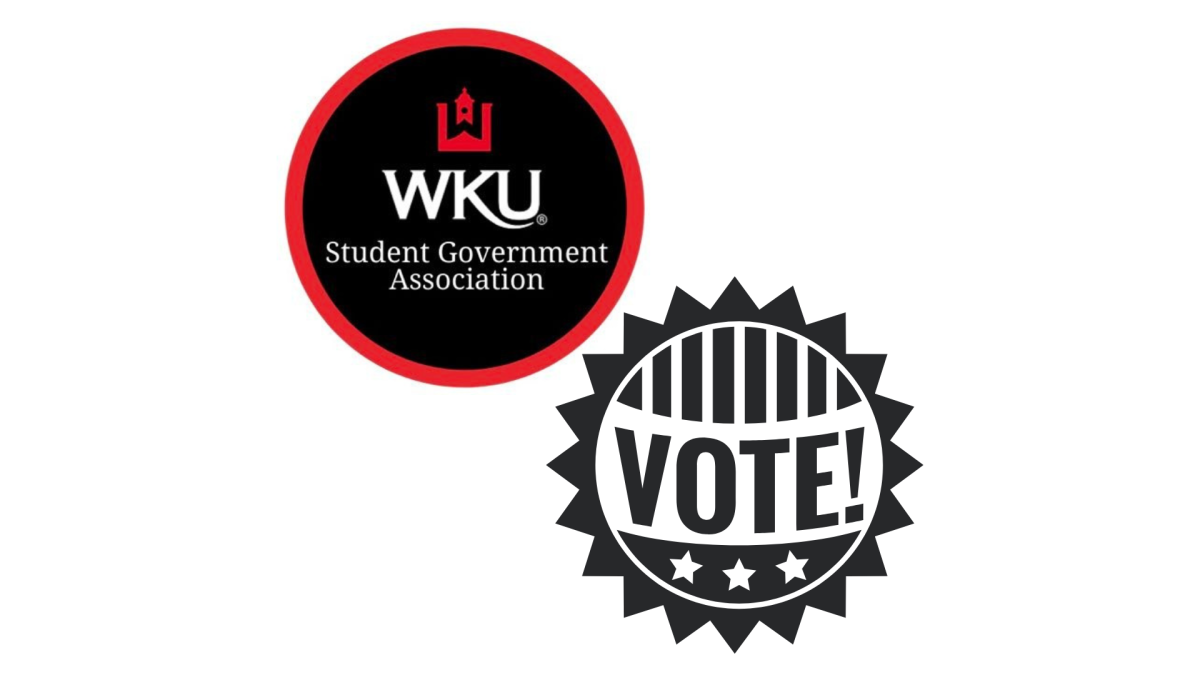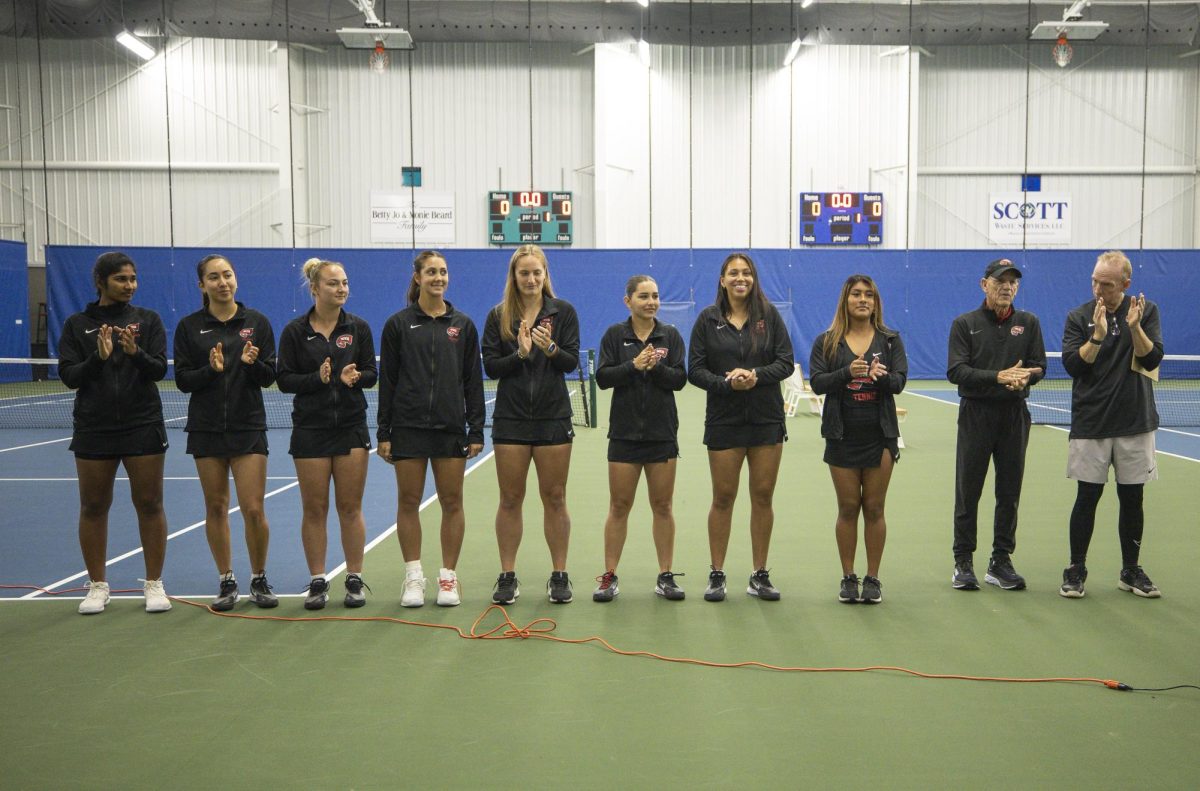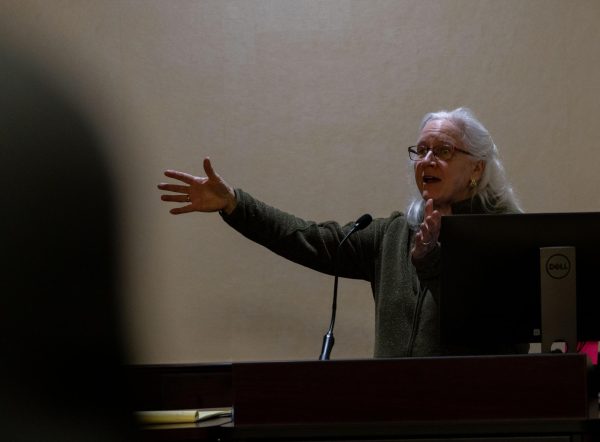WKU trying to improve retention
September 5, 2013
Fewer students this year means fewer tuition dollars, making WKU’s efforts in retaining students even more important as WKU loses out on valuable money every time a student drops out before graduating.
Joelle Davis Carter, assistant vice president for Retention and Student Services, said the current first-year retention rate for WKU students is at 71 percent. Carter said the retention rate is measured from a student’s freshman year to their sophomore year.
Carter said when she assumed her position a year ago, she was told to improve the retention rate by 5 percent within five to seven years.
“That really gets us competitive nationally with our peer institutions in other places,” Carter said.
Carter said the current four-year graduation rates for WKU are at 50.3 percent, a rate that hasn’t been that high in the past 10 years.
President Gary Ransdell said the graduation rates and retention rates are correlated.
“If we had 80, 85 percent retention, we’d have 60 or 70 percent graduation rate,” Ransdell said. “Just pure numbers.”
Ransdell said he was dissatisfied with both rates.
“We got our work cut out for us,” Ransdell said. “We’ve got pretty big challenges in raising our persistence in retention rates.”
Carter said there are multiple ways WKU tries to help students who are projected to not likely be retained.
One of those ways is the MAP-Works survey.
Carter said MAP-Works is a retention software package that contains a survey that is sent to all WKU
students. Carter said students self-report on factors such as social integration, classroom performance and homesickness.
Based on how the survey is completed, a student receives a color code. Based on the color code given, certain actions are taken.
Carter said MAP-Works will allow a student’s professors, resident hall director and others to connect with one another to help a student.
“It allows folks who have probably have never met each other…to connect via this system in order to help you,” Carter said.
Carter said according to preliminary data from students who took the MAP-Works survey, high-risk students that were contacted returned more than students who were also at a high risk, but were not reached out to.
WKU also has the Academic Advising and Retention Center to help students graduate.
Director of the Academic Advising and Retention Center Russell Curley, said the AARC is a central advising office, as well as an office that provides retention services to specific student groups.
One of these services is the Best Expectations Programs. Curley said the BEP serves a variety of students, mainly students on probation. Curley said BEP helps students with time management, study skills, motivational issues, among others.
“Generally, we believe that if a student has the talent to be admitted here, they have the talent to graduate,” Curley said.
Other services AARC offer are tutoring and a study hall.
Ransdell said stricter admission requirements will help with retention.
“Those coming in with good ACT scores and good grades graduate at a much higher rate than those who come in with low GPA and low ACT score[s],” Ransdell said.
Carter said an educated citizenry and a more financially secure lifestyle for a graduate is what makes the issue so important.
“We have to recruit and keep students here to graduate them for leadership in this world,” Carter said.

























